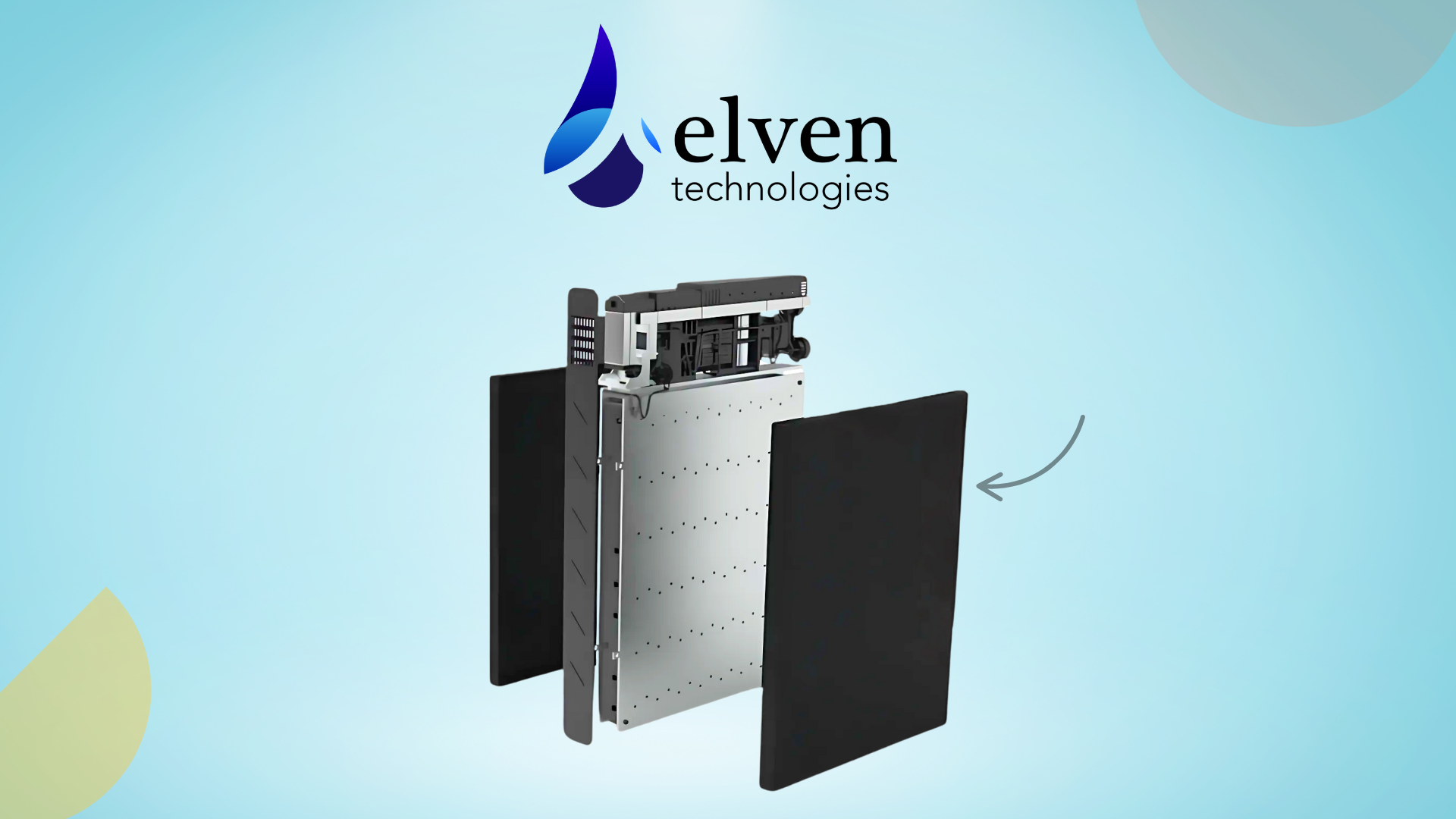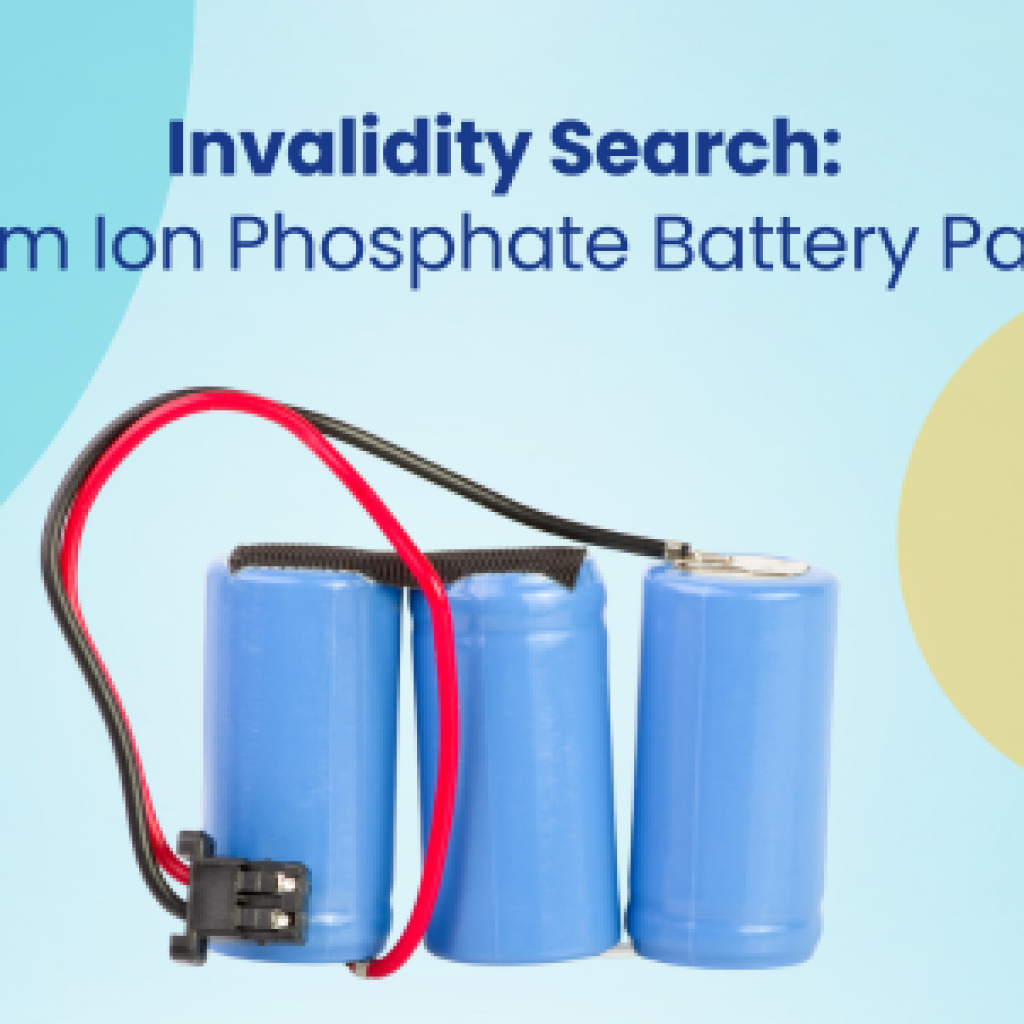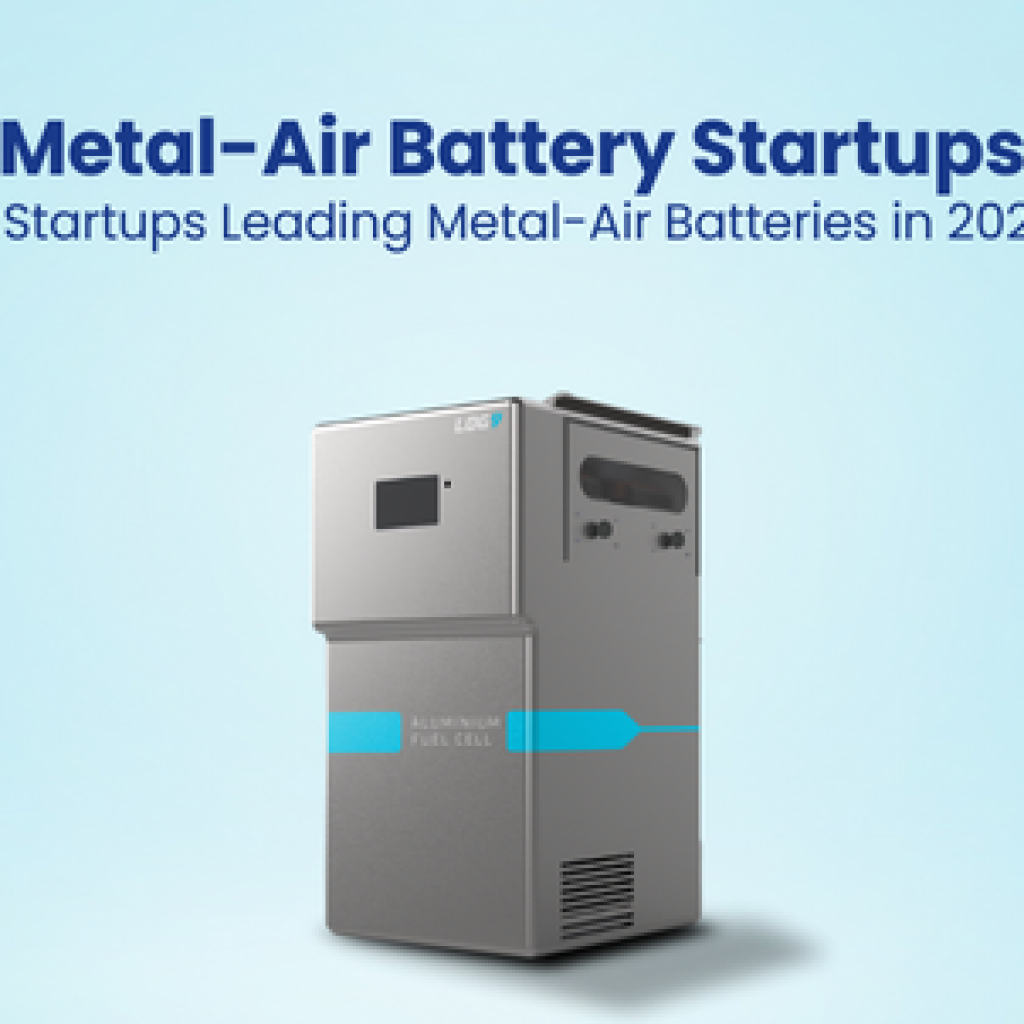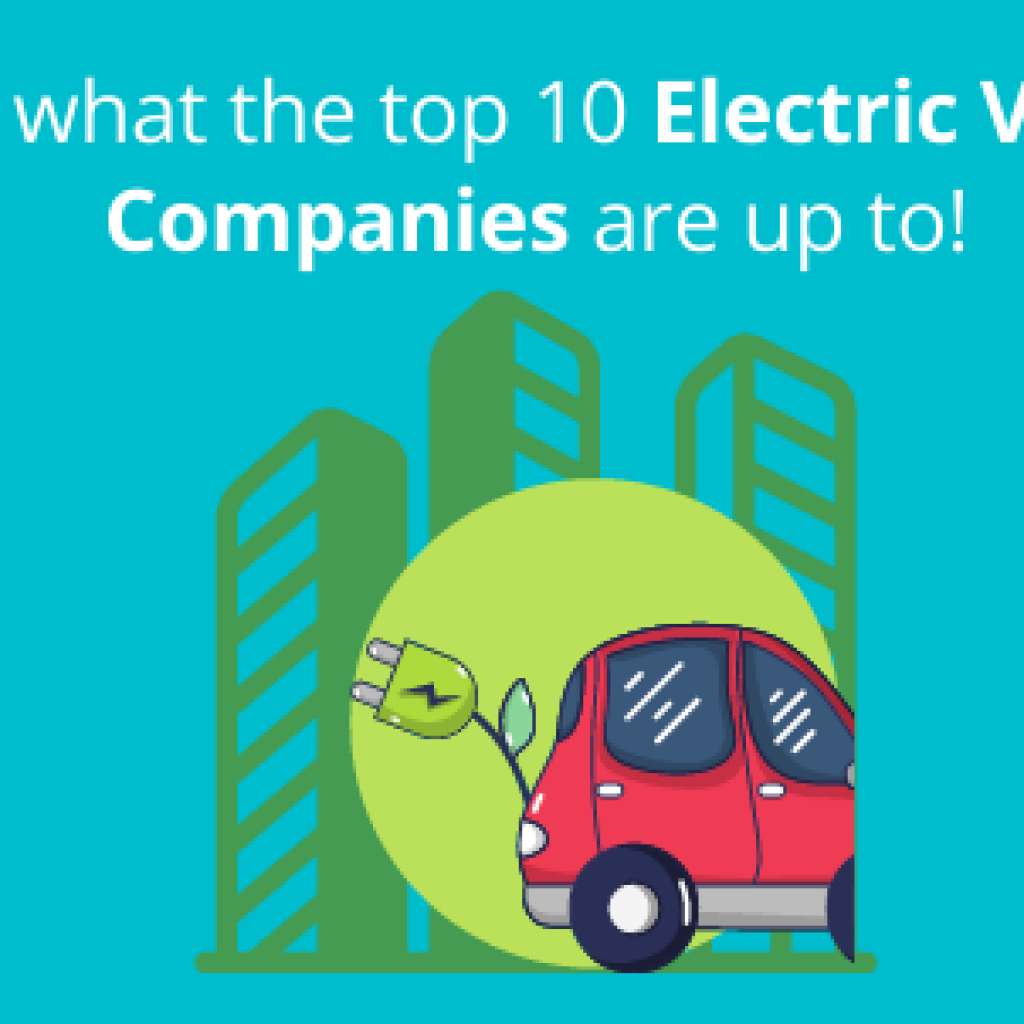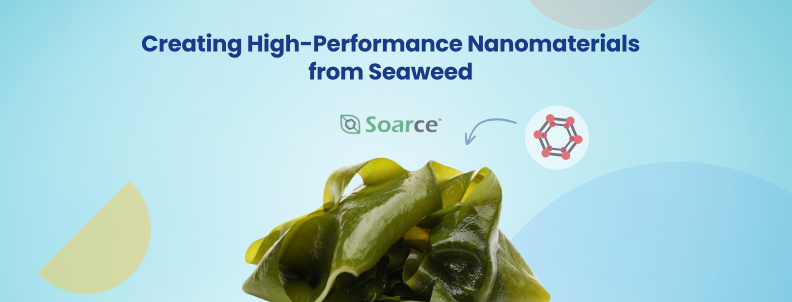Electric vehicles and their batteries pose a significant safety risk due to their potential to catch fire spontaneously. Current battery technologies lack adequate fire protection, which can lead to devastating consequences. When lithium-ion batteries ignite, they are nearly impossible to extinguish, potentially causing extensive damage to vehicles and infrastructure, endangering human lives.
To solve this, Elven Technologies has developed a unique composite material that can completely contain battery fires, preventing them from spreading. Unlike existing solutions, their material stops fires and provides additional benefits, like maintaining battery performance in cold temperatures and reducing noise within electric vehicles.
We spoke to Vamekh Kherkheulidze, CEO of Elven Technologies, to better understand their technology. This article summarizes our conversation.
This interview is part of our exclusive Scouted By GreyB series. Here, we talk to the founder of innovative startups to understand how their solutions address critical industry challenges and help ensure compliance with industry and government regulations. (Know more about startups scouted by GreyB!)
“Our material can contain battery fires completely. Using this, people can just replace the battery after an accident instead of losing the whole EV.”
– Vamekh Kherkheulidze
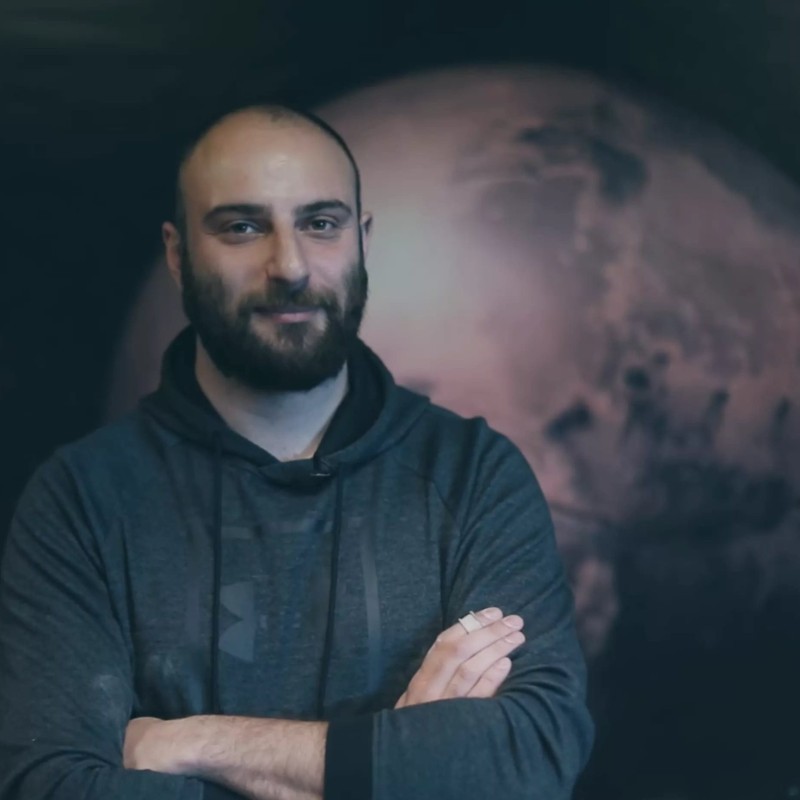
Vamekh Kherkheulidze is the CEO of Elven Technologies. He has a diverse professional background, transitioning from medical doctor and lecturer to high-tech engineer and entrepreneur. His innovation journey began with his interest in solving practical problems, such as designing advanced cooling systems. Under his leadership, Elven Technologies creates cutting-edge solutions like fire-resistant, high-tech materials for EV batteries.
From Space Suits to EV Safety: A Material That Defies Fire!
Elven Technologies is a startup developing a revolutionary fire-resistant material primarily focused on protecting electric vehicle (EV) batteries and their transportation containers. Founded by Vamekh Kherkheulidze, a former doctor turned inventor, the company has created a flexible, lightweight material that can withstand extreme temperatures and prevent fire spread.
The startup also gears this advanced material for space suits by focusing on heat resistance and cooling systems. Due to its thermal resistance, this material offers exceptional durability and adaptability for extraterrestrial environments. This innovation stems from their earlier work on fireproof and heat-resistant materials, initially aimed at firefighter suits. Their composite material, which can endure temperatures exceeding 2000°C, was a breakthrough that laid the foundation for their space suit development.
Watch the complete interview here.
What exactly is your innovative material, and how does it work?
Vamekh: Our material is a flexible, composite technology that acts as an advanced fire shield. We discovered it accidentally while trying to develop materials for space suits. When we tested it, we found it could withstand extremely high temperatures – up to 2000 degrees Celsius for an hour – without allowing heat to transfer quickly. It’s not just fireproof; it’s also weatherproof, dustproof, and incredibly durable.
The material has multiple applications, but we focus on EV battery protection. When a battery catches fire, our material ensures the fire remains contained within the battery compartment, giving people time to evacuate and preventing widespread damage.
What specific problem are you solving that existing solutions cannot address?
Vamekh: Existing battery protection methods are inadequate. Current technologies either cannot stop battery fires or require the entire battery to be replaced after a fire incident. Our solution completely changes this paradigm. We’ve created a material that can contain a battery fire completely, allowing users to potentially replace just the battery after an incident, rather than losing the entire vehicle.
Moreover, we’ve discovered additional benefits beyond fire protection. Our material helps maintain battery charge in cold temperatures and can potentially reduce noise transmission in electric vehicles, providing multiple value propositions for manufacturers.
How are you planning to expand into different markets?
Vamekh: Our primary focus remains on electric vehicle batteries, but we’re exploring multiple expansion routes. We’re already in discussions with aerospace companies, defense sectors, and industrial insulation companies. Our licensing model allows us to partner with companies in various industries without building massive manufacturing infrastructure.
We see potential in maritime, construction, and municipal applications. For instance, we’re discussing solutions for electric scooter storage in urban environments, addressing fire risks in residential buildings.
What were the biggest challenges in developing this technology?
Vamekh: The biggest challenge was consistently proving our material’s capabilities. We spent years testing and refining the technology, often unaware how far we could push its limits. We’re still discovering new properties, like its ability to withstand extreme conditions for extended periods.
Convincing automotive manufacturers has also been challenging. We’ve had to demonstrate fire protection and additional value propositions like temperature maintenance and potential cost savings to gain their interest.
How easy is it for transportation companies to adopt your technology, and what challenges do they face?
Vamekh: The adoption process is much more straightforward for transportation companies than for industries like automotive, where the integration of new technology is more complex. We can easily design containers to fit various shapes, and our material can be molded to suit any size. It’s a straightforward process — we deliver the material, and they integrate it into their existing containers.
The challenges we face are more around the initial education of these companies, helping them understand the cost benefits of switching to fireproof containers and addressing concerns about weight and pricing. However, we’ve found that the transition is relatively smooth once we explain the long-term savings and the added safety benefits.
What makes your approach unique in the market?
Vamekh: Our approach is fundamentally different because we’re not just selling a product, but offering a comprehensive solution. We provide flexibility in how companies can adopt our technology, from complete product design to simple licensing. We’re constantly looking for additional value beyond the primary fire protection feature.
We’re also lean and adaptable. With a small team, we can pivot quickly and partner with more prominent manufacturers to bring our technology to market faster than traditional corporate research and development cycles.
What industries beyond firefighting and electric vehicles do you see your technology impacting?
Vamekh: While our main focus right now is on firefighting suits and EV batteries, we see many industries that could benefit from our technology. Aerospace, for instance, has expressed interest in using our materials for heat shields. We’re also exploring potential applications in construction, where high heat resistance could be crucial, especially in industrial environments.
Our material is also being considered for defense applications and could eventually be used in personal protective equipment for military use. Essentially, any sector that deals with high heat or fire risks could benefit from our innovations.
Meet our Interviewer – Shabaz Khan, Marketing Manager at GreyB
Shabaz Khan, Marketing Manager
Want to find other scalable pharma startups innovating in EV battery and safety tech? Get in touch with our experts by filling out the form below:
Get in touch
Please share your query below

